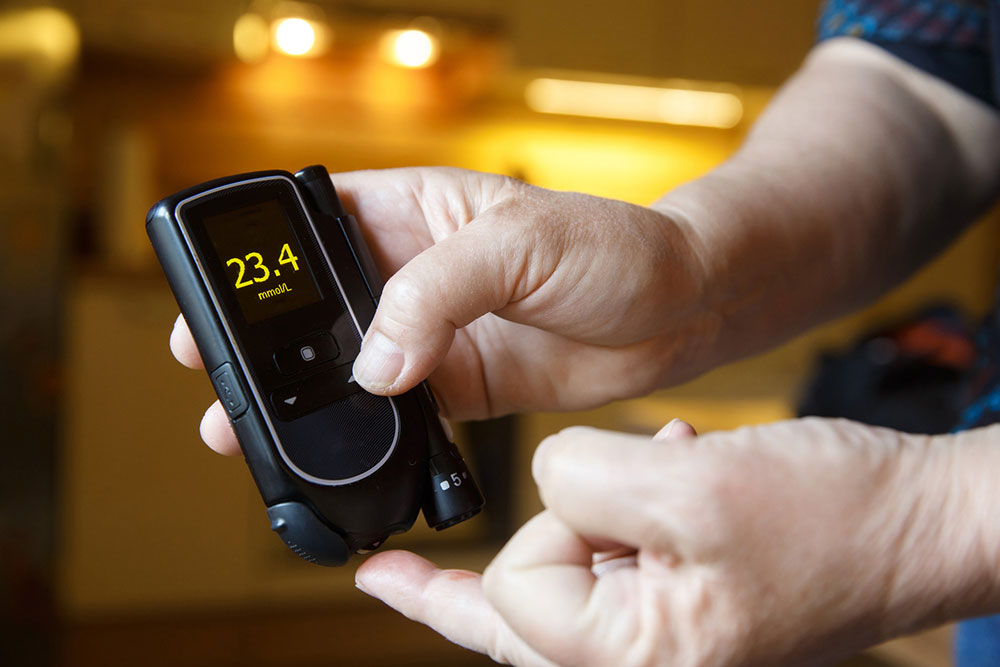Comprehensive Strategies for Effective Diabetes Management and Prevention
This article explores comprehensive strategies for managing and preventing diabetes, emphasizing lifestyle changes, medication adherence, and continuous medical support. It highlights the importance of gradual lifestyle adjustments, proper medication use, and understanding the progressive nature of diabetes to improve health outcomes and quality of life for affected individuals.

Comprehensive Strategies for Effective Diabetes Management and Prevention
Diabetes mellitus is a complex, long-term health condition that affects millions of people worldwide. Managing this chronic illness requires a multifaceted approach that encompasses lifestyle modifications, medication adherence, and continuous medical supervision. While medications play a crucial role in controlling blood sugar levels, they do not address the underlying factors that contribute to the development and progression of diabetes. Therefore, adopting healthy lifestyle habits is essential for effective management and prevention.
Lifestyle Modifications for Better Diabetes Control
One of the most impactful ways to control diabetes involves making consistent lifestyle adjustments. Small changes, when maintained over time, can produce significant health benefits. These include maintaining a healthy weight, engaging in regular physical activity, adopting a balanced diet, and managing stress effectively. Achieving and sustaining a healthy weight has been shown to improve insulin sensitivity, thereby reducing blood glucose levels and decreasing the need for medication in some cases. Implementing regular exercise routines, such as brisk walking, cycling, or swimming, helps improve overall metabolic health and enhances the body's ability to utilize insulin efficiently.
Eating a diet rich in vegetables, fruits, whole grains, lean proteins, and healthy fats supports blood sugar regulation and promotes overall well-being. Avoiding processed foods, sugary drinks, and high-fat snacks can prevent blood sugar spikes and weight gain. Moreover, portion control and mindful eating can prevent overeating and stabilize blood glucose levels.
In addition to diet and exercise, managing stress through techniques such as meditation, yoga, or deep breathing exercises can positively influence blood sugar levels, as stress hormones may elevate glucose. Ensuring adequate sleep and avoiding smoking and excessive alcohol consumption further contribute to better diabetes management.
It is crucial to highlight that any significant lifestyle change should be implemented gradually and under medical guidance. Consulting healthcare professionals allows for tailored programs that suit individual health status and lifestyle needs.
The Significance of Medication in Diabetes Management
While lifestyle modifications form the foundation of diabetes control, medications are often necessary to achieve optimal blood glucose levels. Proper medication use helps regulate sugar levels, prevent complications, and support weight management. Types of medications include oral hypoglycemics, insulin, and other injectables, depending on the type and severity of the condition.
Patients should adhere strictly to their prescribed medication regimens and consult healthcare providers before making any changes. Adjustments to medication doses or types are typically made based on blood sugar monitoring results, overall health status, and potential side effects. Regular follow-up appointments enable physicians to evaluate treatment efficacy and make necessary modifications.
Medications alone are insufficient; they should be combined with healthy lifestyle habits to maximize benefits. This integrated approach can lead to improved health outcomes and a better quality of life for individuals with diabetes.
Acknowledging Diabetes as a Chronic and Progressive Disease
Diabetes is a lifelong condition that tends to worsen over time if not properly managed. Despite best efforts, some individuals may need to restart or escalate their medication regimen as the disease progresses. For people with type 2 diabetes, early interventions combining medications, diet, and physical activity can delay or prevent complications.
Maintaining a healthy weight is especially important, as weight loss can improve insulin sensitivity and potentially reduce dependence on medications. Emerging research suggests that significant lifestyle changes can sometimes lead to near-remission or even remission of diabetes symptoms, particularly if initiated early and consistently.
Long-term management involves monitoring blood glucose levels regularly, staying engaged with healthcare providers, and making ongoing adjustments to diet, activity, and medication as needed. Patient education and awareness are vital to empowering individuals to take control of their health.
Ultimately, a comprehensive approach combining medication, lifestyle modifications, and continuous medical oversight is the most effective way to manage diabetes and prevent its associated complications, thereby enhancing patients' quality of life.





